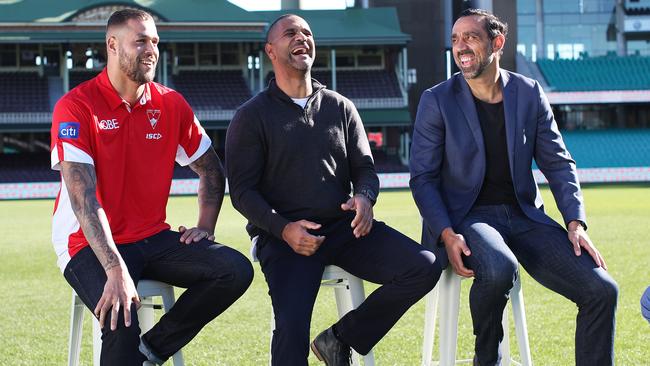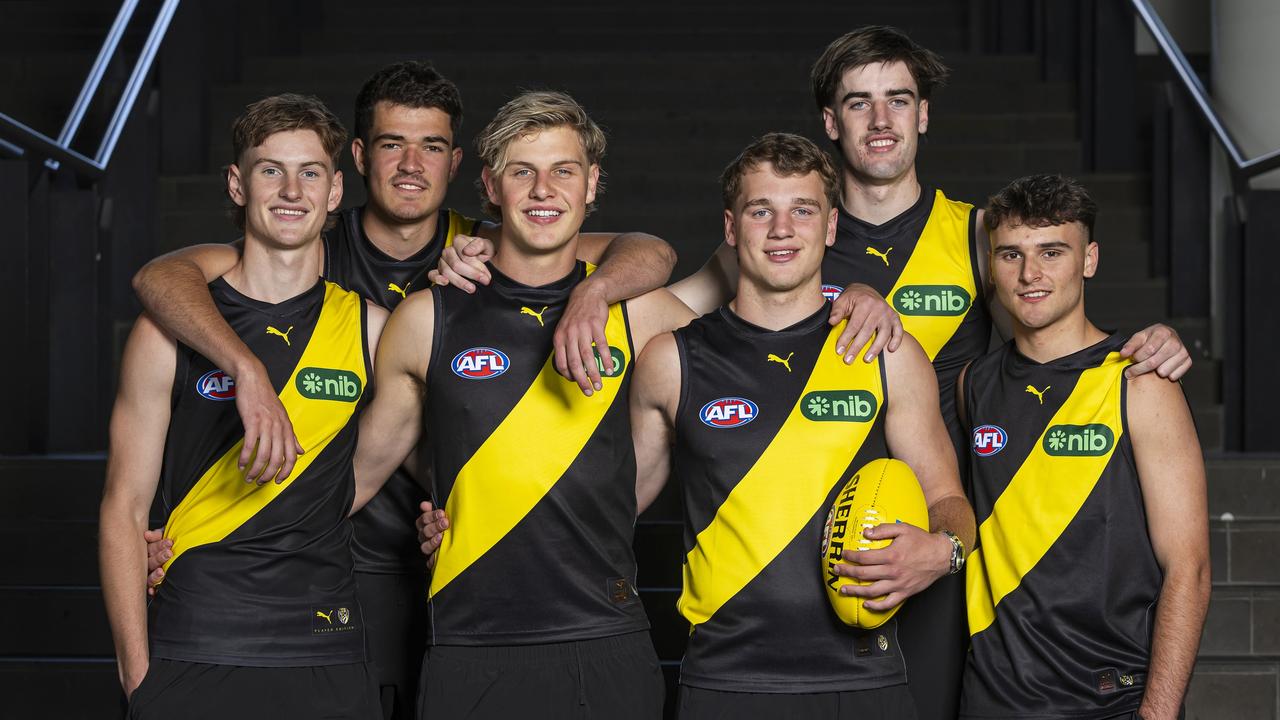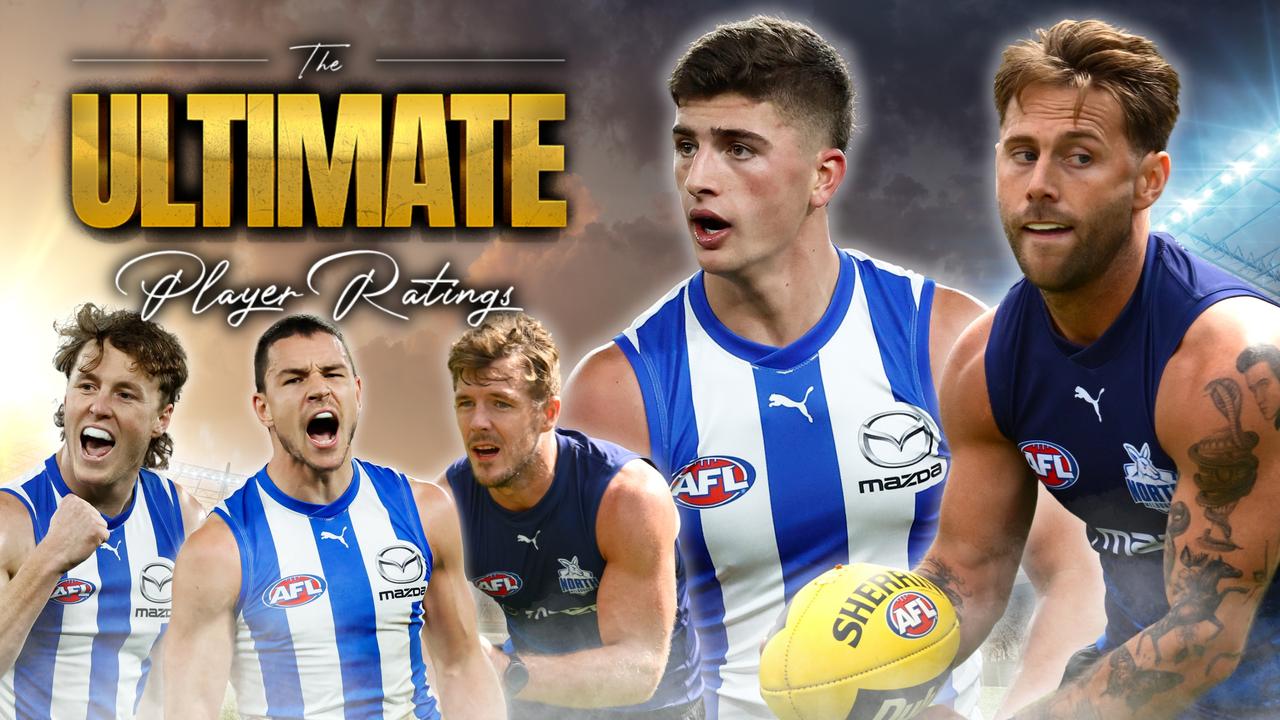AFL: Indigenous commissioner before the year is out
AFL inclusion and social policy manager Tanya Hosch is adamant the league will appoint an indigenous commissioner this year.

AFL inclusion and social policy manager Tanya Hosch is adamant the league will appoint an indigenous commissioner this year.
On a day Hosch announced a review of the code’s anti-vilification policy to ensure it is up to date, she reaffirmed a commitment made by AFL chairman Richard Goyder last year.
“The stated commitment is for 2018. It should happen this year,” she said. “That was the stated commitment a number of years ago and I know they are looking at it.”
Former Sydney great Michael O’Loughlin believes the elevation of an indigenous representative to the AFL Commission is vital.
“There are some absolutely capable people out there to be able to do that. The time has come, absolutely, but you have to make sure that is the right person,” he said.
“The AFL has been front and centre for a long period of time now and certainly having an indigenous commissioner at the table talking about our issues and bits and pieces, I think that is going to be amazing.”
Asked if he would consider such a role, O’Loughlin said he had “a bit on his plate at the moment’’, but others to be mentioned previously include his former teammate Adam Goodes, who he will sit with tonight at the SCG as the Swans tackle Carlton to start the Sir Doug Nicholls round.
When appointing businessman Robin Bishop to the commission last April, Goyder was asked whether Goodes, who holds the indigenous games record, might be a suitable candidate. He said it would be unfair to isolate Goodes and he didn’t want to put any pressure on the Brownlow medallist, a “sensational person and a great player”.
“I think we want to cast the net fairly widely to make sure we get someone who brings the capabilities we want around the commission table,” he said.
In coming years, Hosch hopes all 18 AFL clubs will have at least one indigenous representative on their boards.
Only three clubs have indigenous board members. Collingwood appointed Jodie Sizer in February.
Sizer said: “Aboriginal and Torres Strait Islander people in decision-making roles is really critical and I think all the clubs have really embraced Aboriginal and Torres Strait Islander issues.
“Just knowing it is important for the playing group, knowing it is part of making their club successful … so from that perspective, you set up a governance structure and make sure you have the right expertise.
“It is time Aboriginal and Torres Strait Islander skills and knowledge were part of that expertise on a club board making decisions.
“I think it is so exciting that three clubs have already done that, and that they have chosen indigenous women.”
The decision to reconsider the AFL’s racial vilification policy, set out in Rule 35, comes amid instances of crowd abuse. Hosch said attacks on social media were a growing problem.
Hosch said she discussed the decision to reassess the policy, ratified at a commission meeting last month, with Essendon great Michael Long, unable to attend tomorrow’s Long Walk to the MCG as he is ill.
“When the rule was first designed, it was very much about on-field issues,” Hosch said.
“The landscape has changed a lot. We now have vilification coming from social media (and) crowd behaviour has become more prominent than the on-field issues we once had.”




